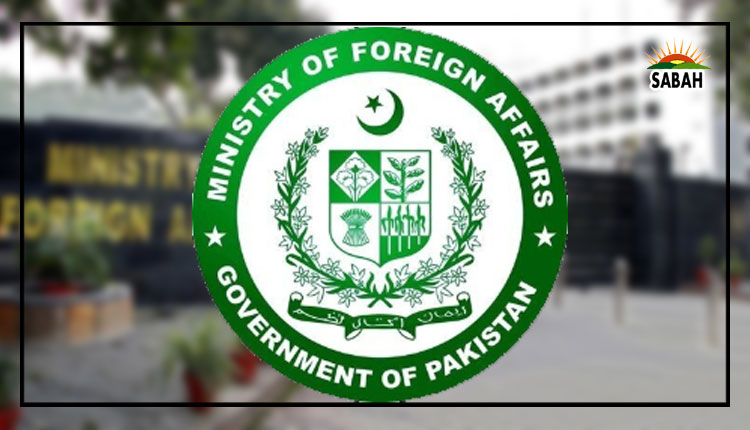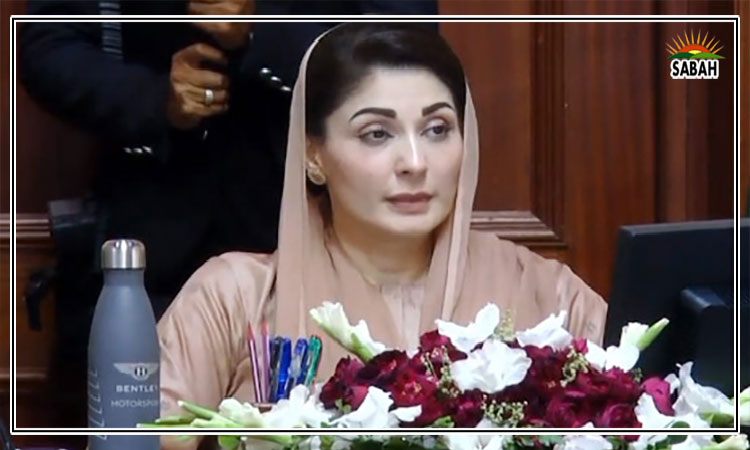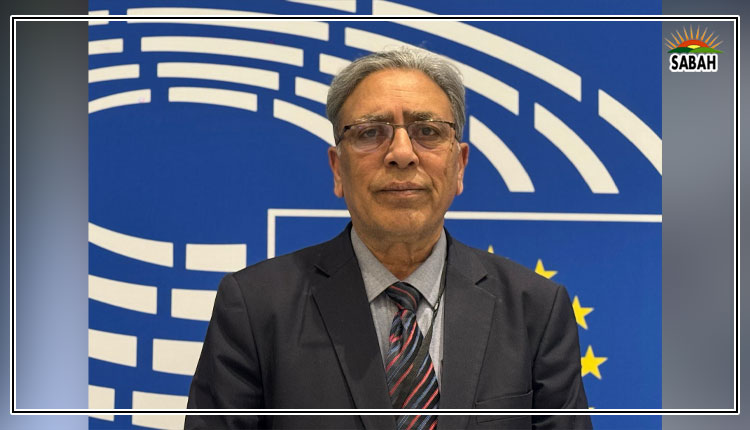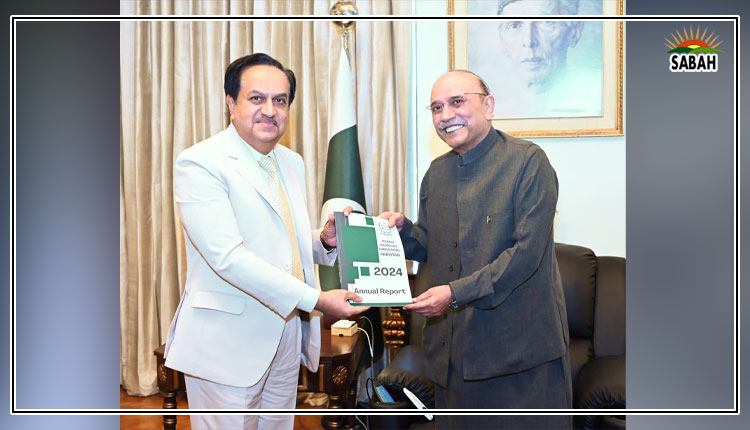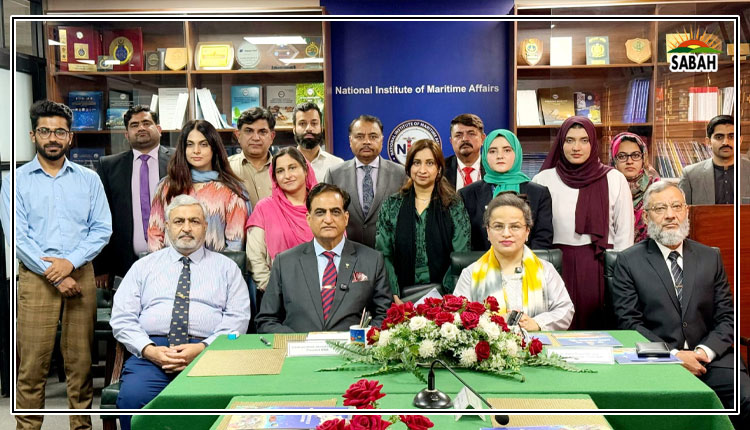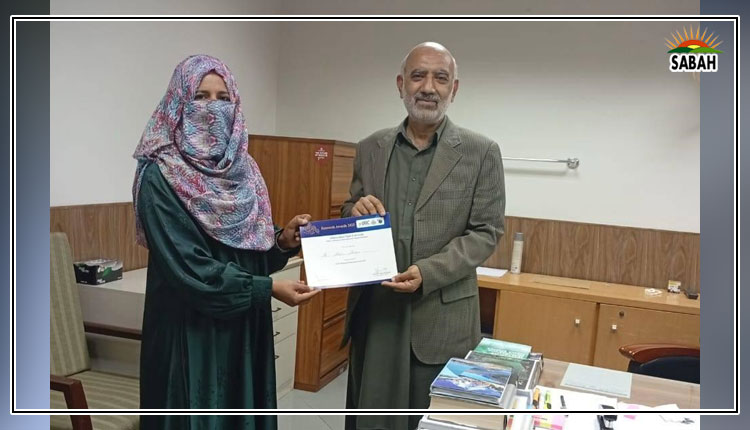Hidden stories….Kamila Hyat
There are stories of immense human significance, at least to those directly involved across the country. Yet we rarely hear about them or discuss them in the mainstream media. Only a few outside the immediate area would be concerned about the violence that has ravaged the Kurram Agency and steps from various land disputes. Eleven people have been killed and 72 injured in the clash which began July 7. Details are somewhat unclear but media reports speak of eight separate land disputes.
The need to deweaponize Pakistan is acute. Kurram has seen more violence than the small district should ever have to suffer. Pakistan is one of the countries with the highest levels of lethal weapons in the hands of citizens. This is of course only one factor in the killing, and quite obviously the root cause including disputes between tribes needs to be resolved through discussion and dialogue.
We also wonder how many are aware of the protests in Gilgit-Baltistan. While governments, notably under the PTI, have gone out of their way to highlight the beauty of Gilgit, people from that area have been protesting for their citizenship rights. In the same area, the people of Attabad, continue to protest the failure to assist them after a landslide in 2010 which led to the creation of a picturesque lake but swept away homes and other structures in the village. Around that lake, luxury facilities for tourists have been built but very little done for the people of Attabad. No one hears their protests as they head for the many hotels and chalets now available to the more wealthy around the lake.
We also know that voices from Balochistan are rarely heard. The killing and suffering of minority communities such as the Hazaras should make much more news than is currently the case. The tragedy of our country is that while everyone discusses politics and the antics of top leaders, no one really delves into bigger issues which affect the lives of people everywhere. Human rights abuses are common and despite discussions in parliament and the media remain unresolved.
While many of us have enjoyed the beaches lying off Karachi, few understand how the lack of water flowing into the delta area which should be reaching the sea is affecting land owners in the area. The shortage of water means land is being eaten away by the sea and there is no barrier to this destruction. People have called for help, but received none. One reason is the lack of importance given to such issues both by public representatives and the media as well as others with influence. For people, this leads to tragedy.
And of course we do not hear of the consistent violence faced daily by women and children often within their own homes. The issue has not been explored sufficiently and the argument that women are safe behind four walls is completely warped. Precisely the opposite may be true according to at least some surveys, with the number conducted by international organizations putting the rate of abuse of women, whether physical, sexual, emotional or verbal, at at least 80 per cent of all women. This number could of course be higher but there is a sense of secrecy about what goes on behind closed doors and shuttered windows of homes across the country. Again we have a tragedy that needs far more discussion and legislation which is implemented. Parliamentarians need to take the lead in this.
There are undoubtedly other hidden stories. The fate of minority groups such as the Kalash is not a topic of mainstream discourse. Their situation should be highlighted. So should that of the Kihal riverine people who live alongside rivers, notably in Punjab and Sindh, and of other groups such as transgender persons and others who do not fit mainstream ideas.
These stories and many others like them are immensely important. The country is after all made up of its people and the different groups who live within it and not by the land itself or institutions which play a role in moulding the contours of the country yet this is what we focus on. The concept of a national security state has led to the contract between people and the state breaking down. This is in so many ways a disaster.
The lack of a state which can benefit its people and meet their needs is devastating. We see this today with inflation leaving families literally unable to eat. There is a desperate need to concentrate on people everywhere in the country and remember that without them there would be no Pakistan on the map of the world.
The writer is a freelance columnist and former newspaper editor. She can be reached at: kamilahyat@hotmail.com
Courtesy The News


